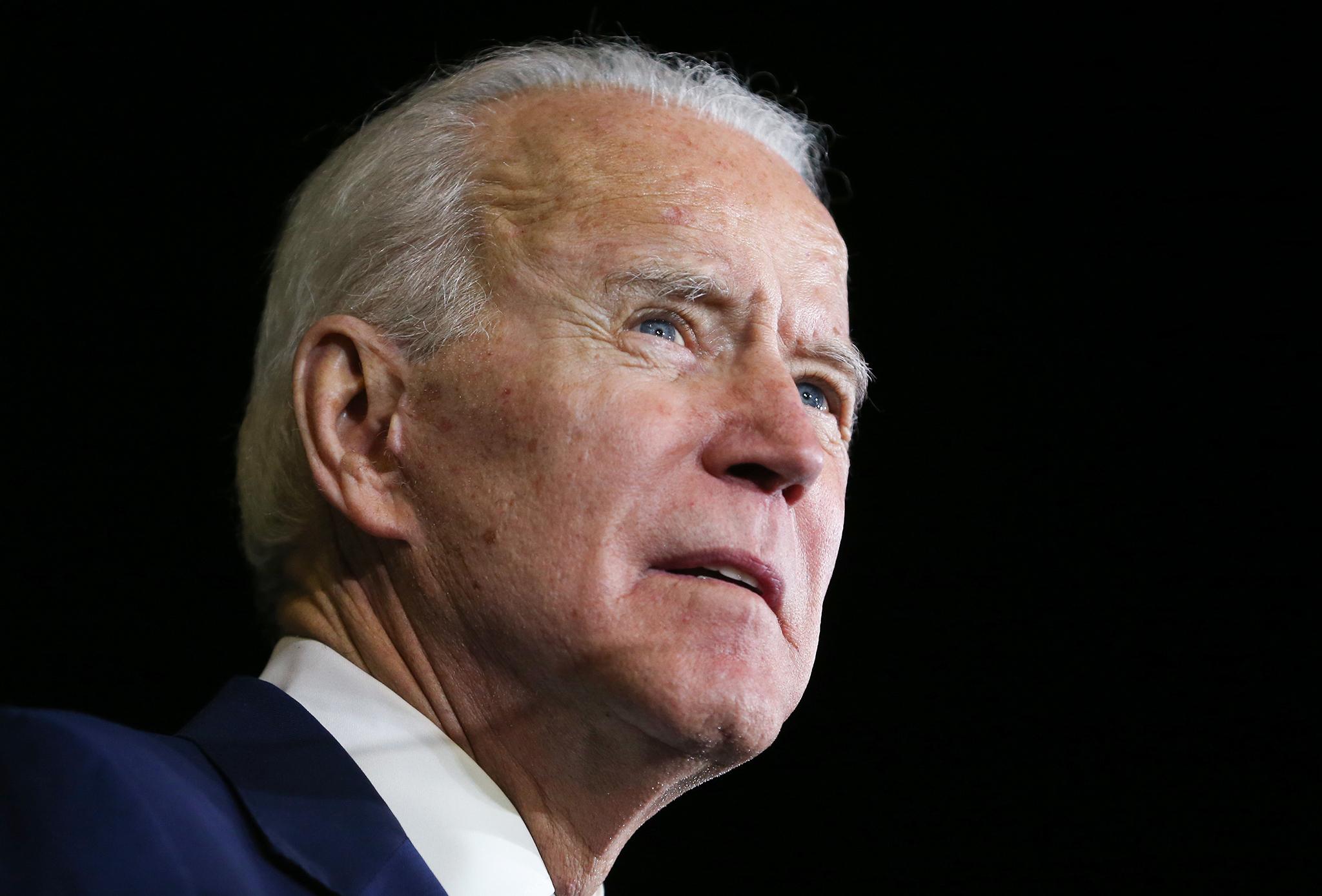Has the Labour Party won it for Joe Biden?
Had Corbyn won the election last year, writes John Rentoul, it might have strengthened Sanders’ case


A generation ago, Joe Biden’s career was derailed by the British Labour Party. In a speech in Iowa in 1987 he copied a line from Neil Kinnock, the Labour leader, asking: “Why is it that Joe Biden is the first in his family ever to go to a university? Why is it that my wife who is sitting out there in the audience is the first in her family to ever go to college? Is it because our fathers and mothers were not bright?”
The answer, as Biden went on to explain, but which was known to anyone who had seen Neil Kinnock’s broadcast for the 1987 British election, is that they did not have a “platform” on which to stand – a platform provided by the welfare state.
The reporting of Biden’s plagiarism finished his campaign; Michael Dukakis went on to win the Democratic nomination, then lost to George Bush Sr in the general election.
But now, 32 years and eight presidential terms later, has the Labour Party helped Biden finally win his party’s nomination for the presidency? It is possible to argue that the example of Jeremy Corbyn’s failure influenced Democratic primary voters as they rallied to Biden as the best alternative to Bernie Sanders, an avowed socialist.
The parallels between Sanders and Corbyn are not exact, although Corbyn’s middle name is Bernard. But certainly, had Corbyn won the election last year, it might have strengthened Sanders’ case for his big-state, big-spending programme.
It is remarkable how often US and UK politics influence each other. Just consider the common themes since the 1970s. Then, both Jimmy Carter and James Callaghan could be seen as representing the last gasp of the postwar social compact. They were followed by the partnership of Reagan and Thatcher, marking a sharp shift in favour of free markets, as well as facing down the Soviet Union.
After that, George HW Bush and John Major each represented a kinder, gentler conservatism. Then Bill Clinton and Tony Blair defined a new third way between the traditional left and right. And now we have Donald Trump and Boris Johnson, very different characters but expounding some of the same themes of national populism.
Just as Johnson might have learned from some of the campaign themes of the US president, it may be that the Democrats have learned, as Biden did in 1987, from the Labour Party.
Yours,
John Rentoul
Chief political commentator
Join our commenting forum
Join thought-provoking conversations, follow other Independent readers and see their replies
Comments
Bookmark popover
Removed from bookmarks